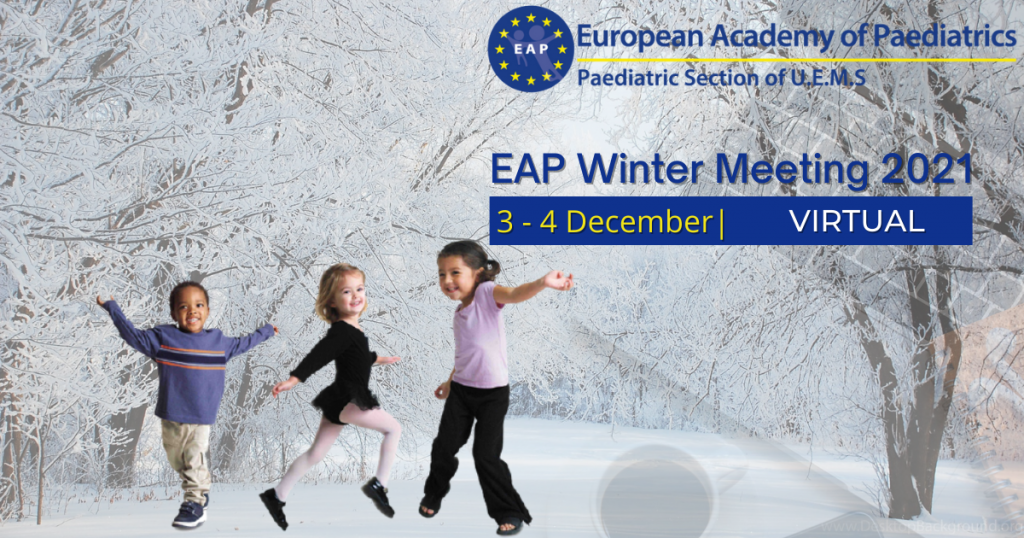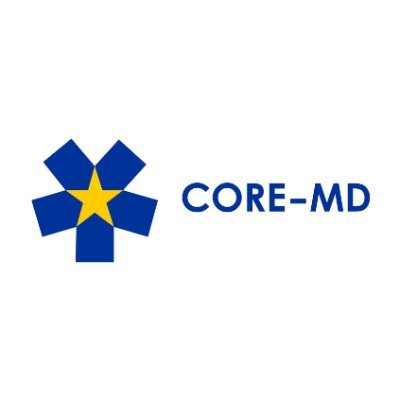EAP WINTER MEETING 2021
December 3, 2021 @ 7:00 am – December 4, 2021 @ 4:00 pm UTC+1

This Event has passed
Dear National Delegates & Members from all countries of the European Region,
THE EAP WINTER MEETING 2021 WILL TAKE PLACE VIRTUALLY
We would like to inform you that the EAP Winter Meeting will turn virtual. Although we were eager to meet you in person, the decision was made with the best interest, health, and safety of National Delegates in mind.
Virtual registration is free of charge.
Programme
Friday, December 3, 2021
Primary Care Council
Chair: Prof. Zachi Grossman / Stefano del Torso
| Break |
| Secondary – Tertiary Care Council Chair: Prof. Berthold Koletzko |
Saturday, December 4, 2021
| European Board of Paediatrics (including elections) Chair: Dr. Robert Ross Russell |
Coffee Break
| EAP – General Assembly Chair: Prof. Adamos Hadjipanayis |
We look forward to welcoming you to the meeting and we regret that it won’t be in-person this time.

Warm Regards,
Prof. Adamos Hadjipanayis (EAP President)


